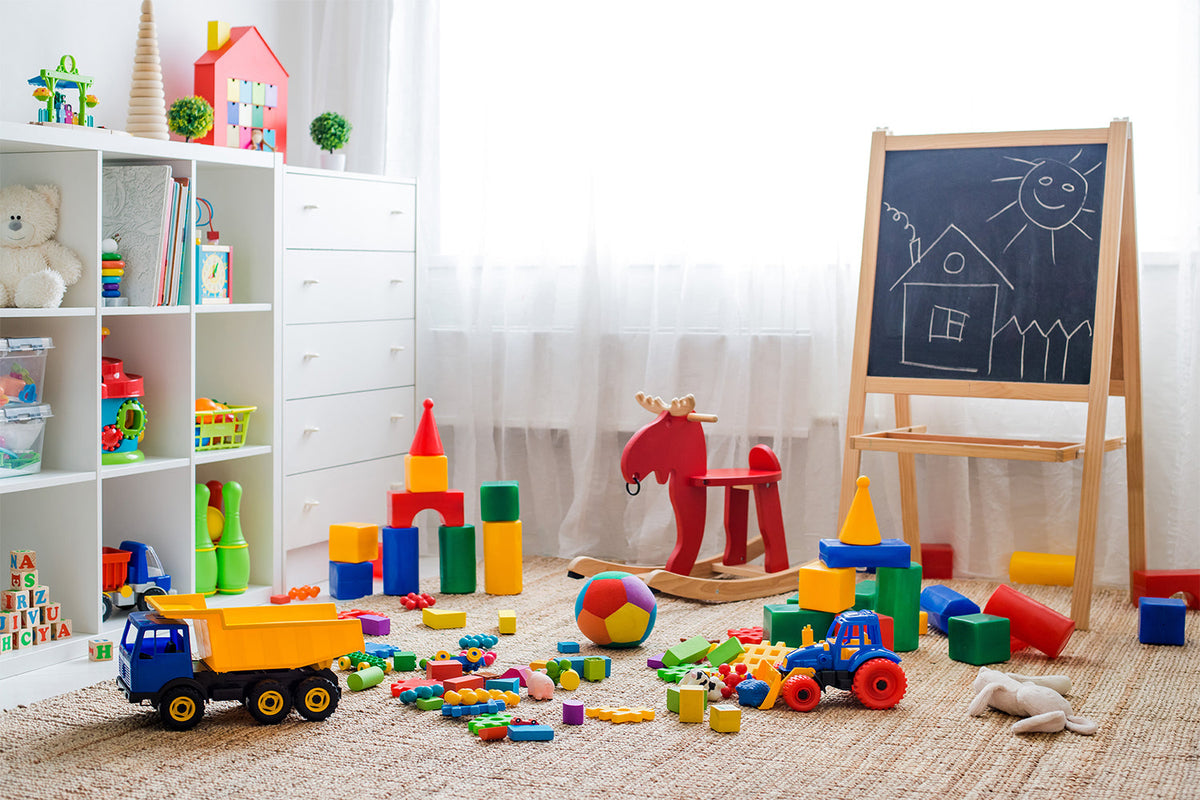
10 Things to Consider When Choosing a Preschool
Time to read 3 min
Time to read 3 min
Education is the most valuable gift you can give your child. Your little one is learning about the world around them and what it has to offer. As a parent, researching your options and choosing a preschool that’s best suited for your child is important. This could be a hard decision to make, especially with all the available options out there.
Luckily, we’re here to help. Here are 10 things you should consider when choosing a preschool in Singapore.
This is one of the most important factors you should take a look at. After all, you’ll be the one bringing your child to and from school daily for the next few years -- so choose one that is located near home or from your office/somewhere convenient in your daily commutes.
A preschool too far away will also tire your child out with the commute.
As recommended by the Early Childhood Development Agency in Singapore a low student-to-teacher ratio is required. This is to ensure that each child’s needs can be attended to, as well as to secure optimal learning.
Different preschools may vary in their curriculums and early childhood teaching methodologies. The more commonly known of which are the Montessori method, the Reggio Emilia approach, and the Waldorf approach. Some curriculums are more play-based, while others are work-based.
Choose one that suits you and your child’s needs and learning style.
Ensure that the schools on your list are recognised by the government. Preschools with the SPARK accreditation show that the preschool has been evaluated. This accreditation was introduced by the Ministry of Education to raise the standards of preschool education in Singapore.
If possible, attend open houses. It’s easier nowadays as many of these are conducted online.
Get to know the teachers, too, by looking them up online, or talking to them in person. Ensure that the teachers are sufficiently qualified, both in background and education. Check if they’re positive and caring towards the children. You may also want to see if they’re willing to communicate with parents frequently about children’s progress.
If your child is going to spend mealtimes (or even snack time) in school, check the type of food the school will be serving. If your child is allergic to a certain type of food, ensure to ask if they cater for allergies or special requirements.
Check the duration and schooling hours. Some preschools offer a full day (7 am - 7 pm) session, while others offer half-day sessions based on the child’s age and level. Depending on the preschool this may be even less, so you’ll have to check with the specific schools you’re looking at enrolling your child in.
For most children, it may be a good idea to start off with a shorter half-day session as this is their first time in a school environment away from their parents and caretakers.
Pricing for preschools varies as it depends on a lot of factors such as size, type of programmes, location, and the school’s reputation. It can range from $160 - $5,653 for half-day programmes and $386 - $6,370 for full-day programmes, according to this website. Choose one that suits your family’s budget.
You may also want to take note of any government subsidies that you may qualify for.
It’s not uncommon that children will misbehave. So, you might want to ask about the school’s disciplinary measures and principles. You can do so by talking to the principal and teachers.
Positive reinforcement should be used as they’re still learning how to behave and learn what is expected of them, especially for young children in a new environment.
Ask about the school’s registration and withdrawal policies, too, so that you’re up to date with enrollment, deadlines of fees, and more.
Last but not the least, find out the school’s philosophies and values. It’s important that you find a school that resonates with your family’s values as you wouldn’t want your child to be taught values that are contradicting your own.
While there are a lot of factors to consider for your child’s first school, their first learning environment starts at home. You can start them off by exposing them to the world of educational books and toys. And as your child expands their knowledge through their collection of books and toys, you may consider storage solutions for their equally growing collection.
Check out our website to find storage solutions for your baby’s books, toys, diapers, clothes and more. We also have books and toys to kickstart their curiosity in learning. You could book a visit to our ware studio, or visit our virtual showroom to start shopping!








